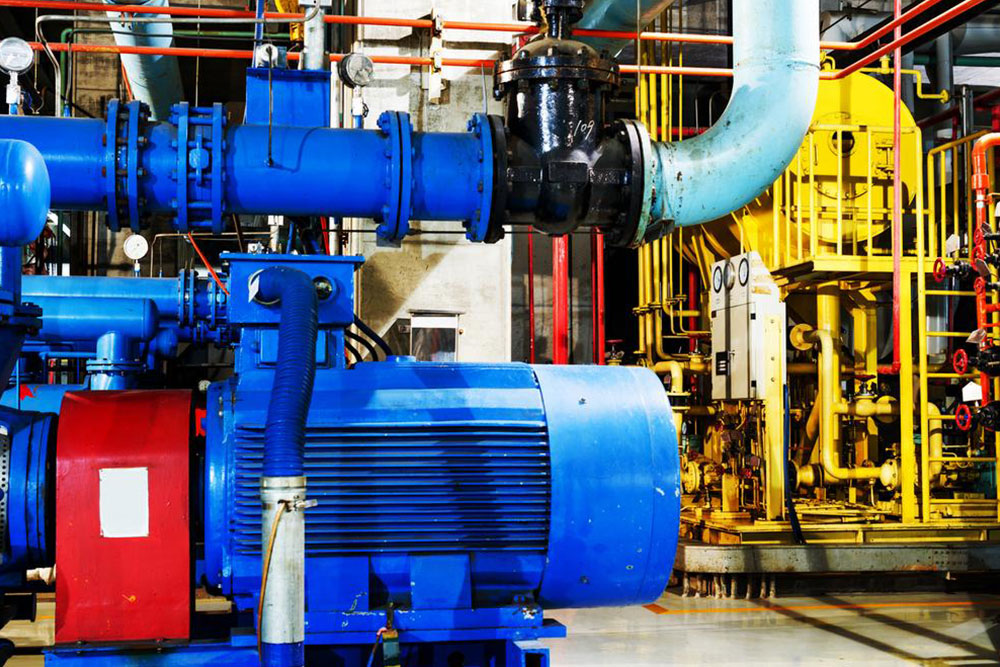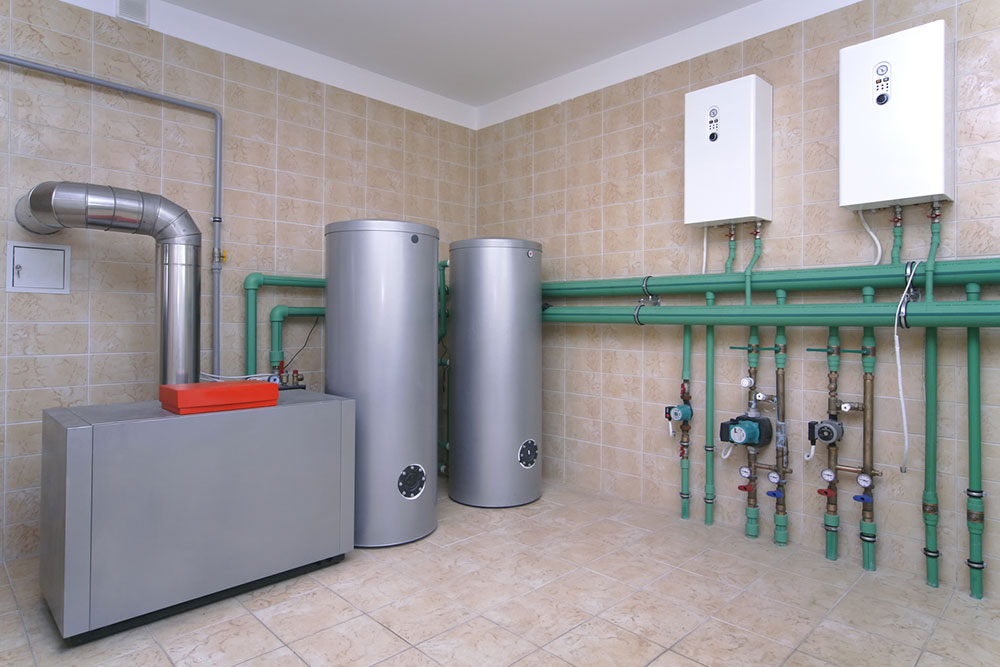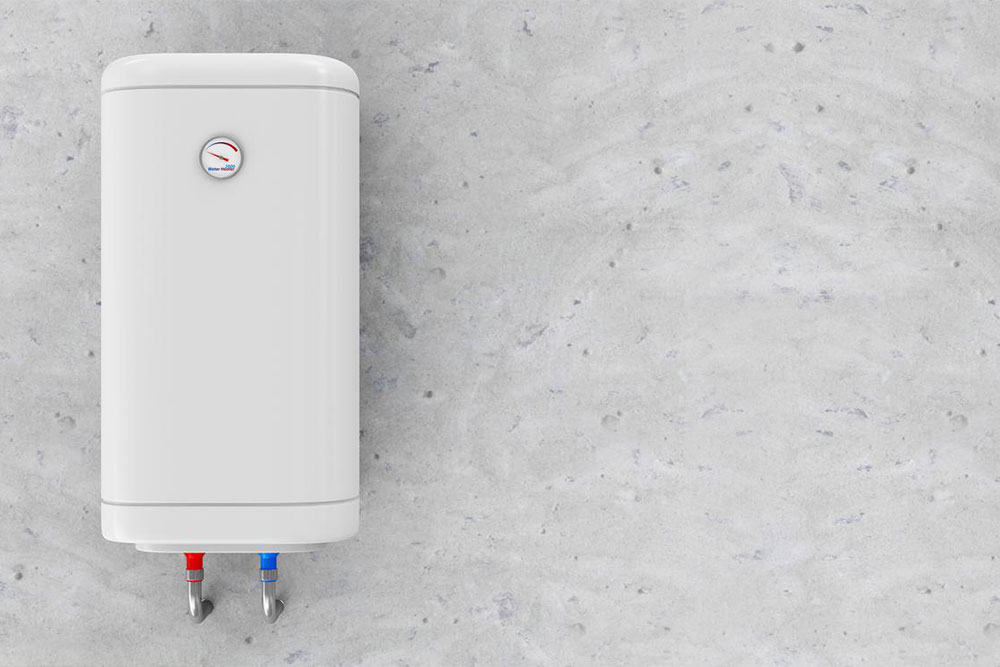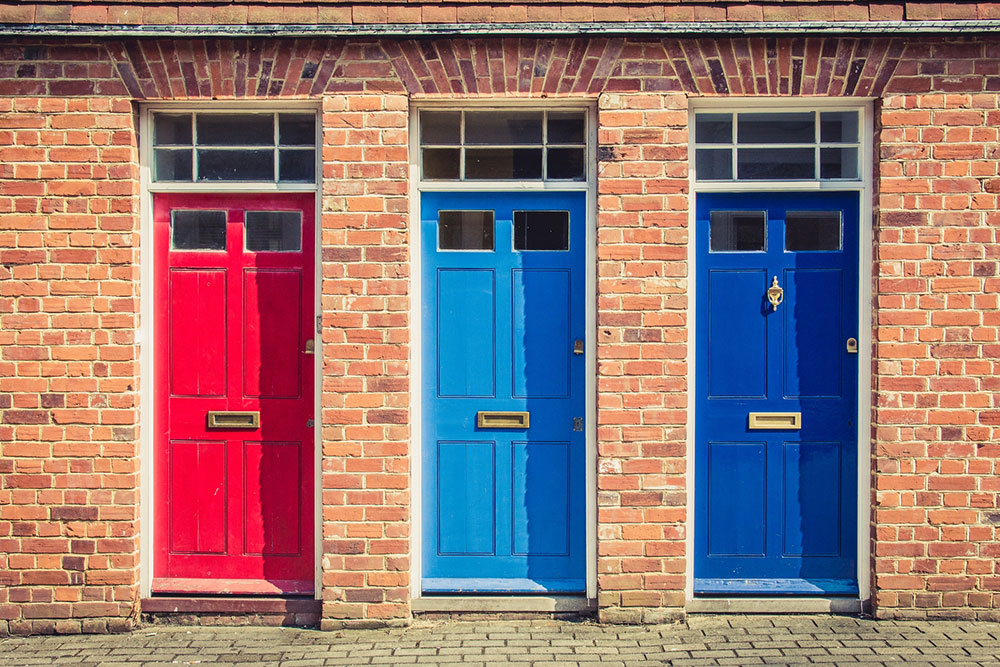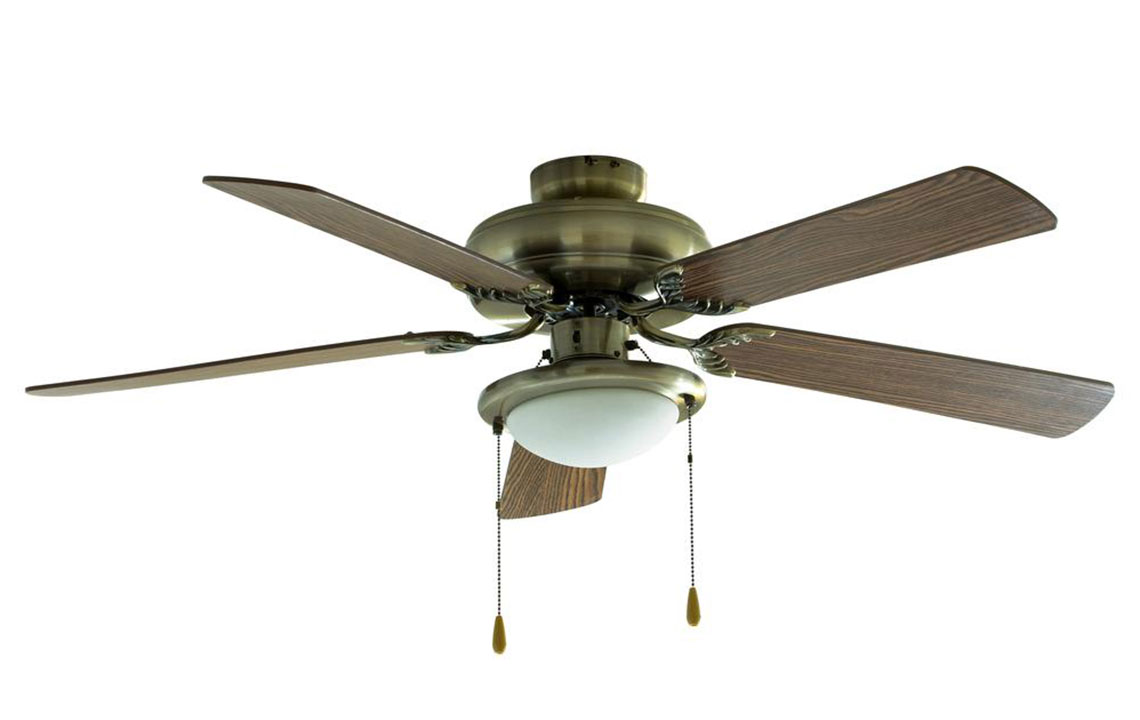Essential Guide to Selecting the Right Home Boiler System
Learn how to choose the perfect boiler for your home with this comprehensive guide. It covers different boiler types, fuel options, and cost considerations, helping you make an informed decision for efficient and reliable heating. Understand compatibility, installation costs, and energy efficiency to ensure optimal comfort and savings in your residence.
Sponsored
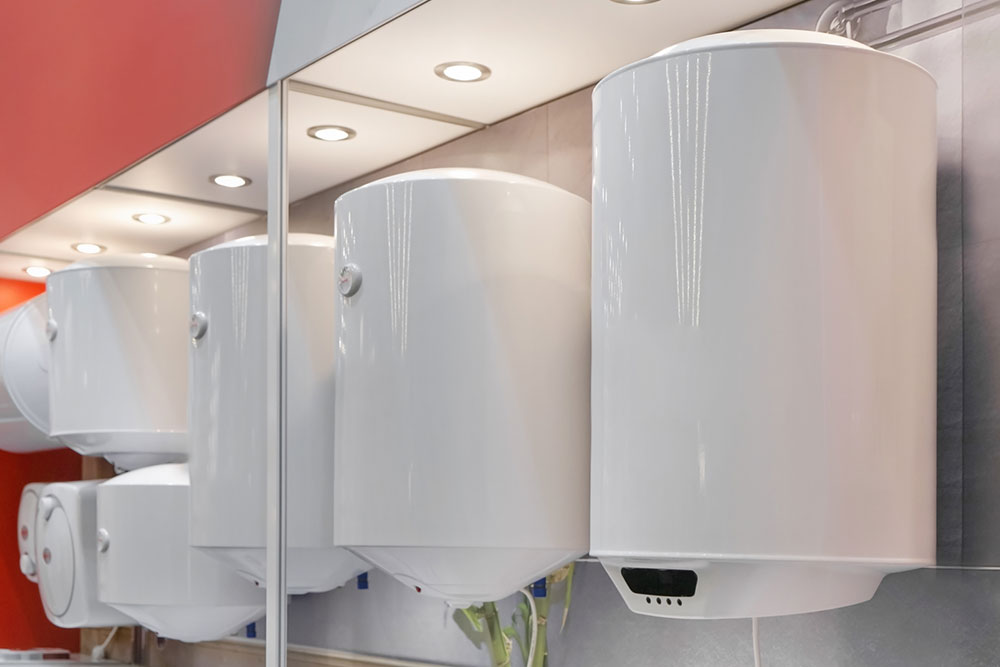
Choosing a boiler for your residence enhances comfort, energy efficiency, and environmental responsibility. The suitable boiler keeps your home warm during winter, helps reduce energy bills, and minimizes ecological impact. With multiple options available, understanding different types and fuel sources ensures you make an informed decision tailored to your home's needs. It is vital to select a boiler compatible with your existing radiator setup to ensure optimal performance. This guide breaks down the different boiler types and fuel choices to help you find the perfect fit.
What is a home boiler?
Home boilers are central heating appliances that warm water for radiators or underfloor systems, functioning similarly to traditional water heaters but designed for whole-house heating.
The boiler heats water stored in a tank, distributing it through pipes to radiators across your home. Depending on the system, water can be vaporized into steam or kept as hot liquid. Fuel sources like natural gas, propane, electricity, or oil power these boilers. It’s critical to ensure compatibility with your radiators, as they are designed for either hot water or steam, not both. Correct matching guarantees efficient heating and system longevity.
Types of boilers
Combi (Combination) Boilers
These units serve dual purposes: providing both space heating and instant hot water without a separate tank. Compact and energy-efficient, they are ideal for small homes. However, their flow rate can be limited, and water pressure may drop if multiple taps are in use simultaneously. Best suited for households with modest hot water demands or multiple bathrooms.
System Boilers
This type requires a hot water cylinder for storage but eliminates the need for a cold-water tank. They are easier to install and can supply hot water to several taps at once, maintaining pressure. More energy-efficient than traditional models, they require more space due to the cylinder size.
Conventional (Traditional) Boilers
These larger systems need both a cold-water tank and a hot water cylinder. Common in older homes, they can handle high demand across multiple outlets but require time to heat water, which may result in running out of hot water if supply is exhausted.
Fuel options for boilers
Gas Boilers
Widely used and affordable, gas boilers require connection to natural gas mains. Modern condensing models offer high energy efficiency, but regular maintenance and safety checks are essential to prevent leaks. They are only suitable in areas with gas access.
Oil Boilers
Suitable for locations without gas infrastructure, oil boilers need an oil storage tank. They provide reliable heating and are cost-effective in low oil-price regions, but fluctuating oil prices can impact running costs.
Electric Boilers
These use electricity for operation, ideal for areas lacking gas or oil pipelines. Compact and versatile, they fit easily into homes but might have higher operational costs depending on electricity rates.
Cost considerations
The price of installing a boiler varies based on size, type, and complexity, generally ranging from $4,000 to over $15,000. While this may seem high, a well-installed boiler can last 15-20 years, making it a valuable long-term investment. Replacement costs generally fall between $1,200 and $16,000, depending on specifications and installation requirements.

